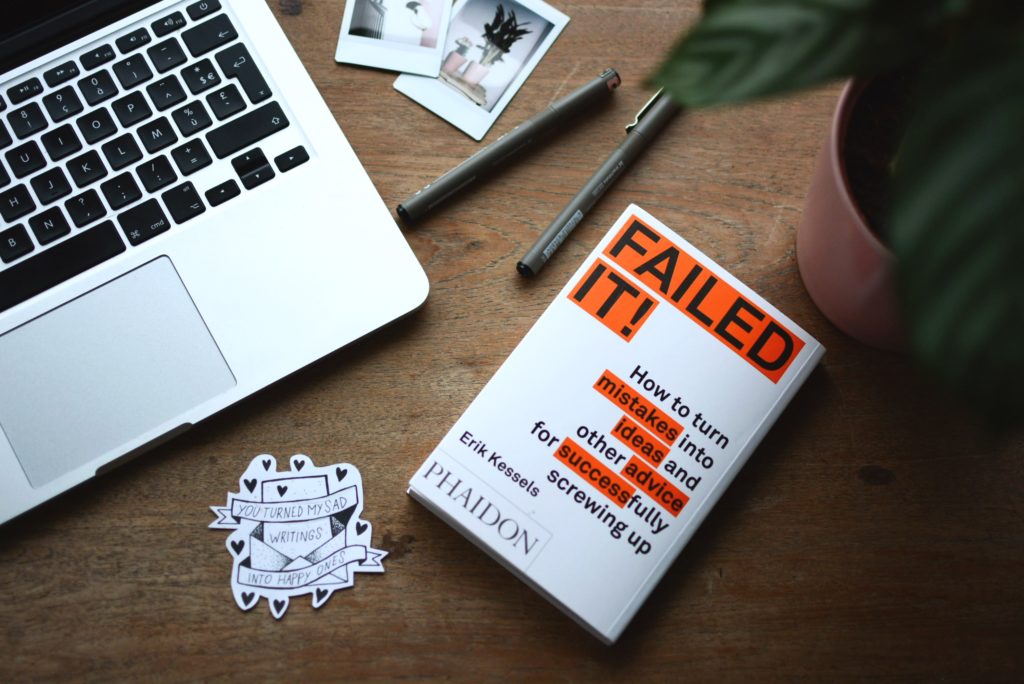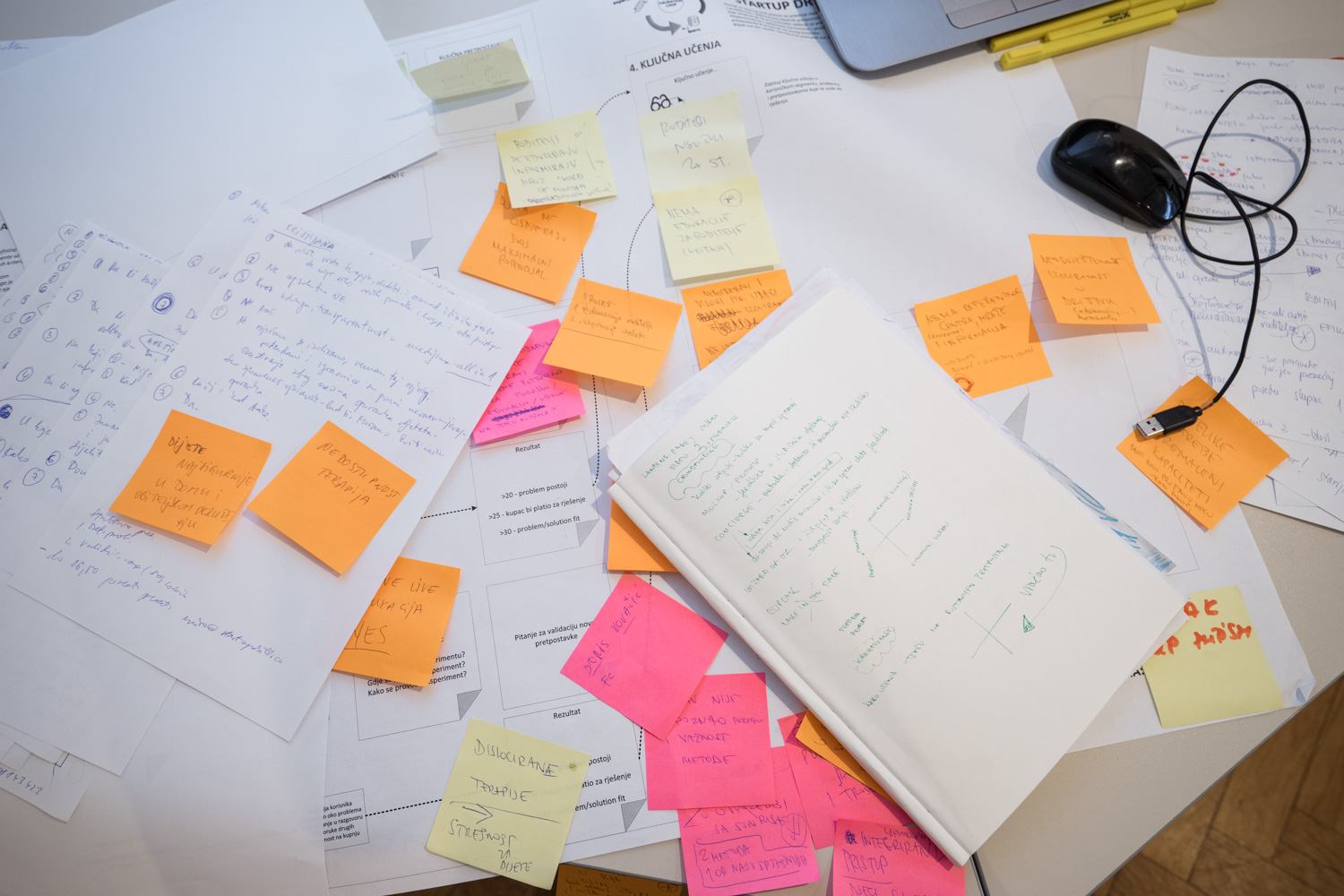What is startup success anyway?
Social impact. Becoming your own boss. Wish to offer an alternative. Creating wealth. Prove it to others. Need for self-employment… and the list of things that can motivate an individual to become a startup founder keeps on going.
Depending on the source of your motivation, your personal metrics of success will form.
On the other hand, measuring the success of your startup will always come to the same point. A startup is successful only in the case when it can create value for its customers that is greater than the amount it charges for the service. Sounds like magic? It’s not.
To make that magic happen you will need to make sure to know what is the problem, pain or need your customers desperately have to solve. Followed by a lot of creativity, knowledge, and resources to fulfill the above-mentioned requirement. So to stay away from deep philosophy, let’s agree that your resources need to be employed pointing in the right direction. And there can be only one – a problem, need or desire, your customers have. But there are multiple ways to get there.
Why validate and what does it have to do with success
At the very beginning it is not about how to get to the destination, but to pick the right destination. To build up the confidence and stamina, needed to survive as a startup, you need to have a clear focus and passion about the problem. Surprise, we start by validating that the problem is real.
But what is validation anyway? Validation in a startup context is the result of a process where assumptions are tested using customer experiments. Simply speaking, customers confirm that you are doing it right. In different stages of startup development, a team is supposed to validate different assumptions. At the very beginning, it validates key assumptions about the problem and customer segments, while later in the process it goes into details of features, pricing strategy etc. Similarly at the early stage teams uses fairly simple experimentation methods, while in further development it relies on more statistical data observing large audience.
The importance of validation lies in three main points:
- it’s a risk-reducing activity
- unexpected learning about the market
- customer centric culture from the start
First and the most obvious one, validation will save your resources – time, energy and money. Simply because you won’t be doing something that is not needed, not relevant and adds no value. That’s the core of lean approach. From the investment perspective, startup equity is one of the riskiest assets you can get. As a founder, the only thing you have is equity, which means a bag full of risk. The reason startups are risky, is because we can not predict if they will be successful or not and whether they will give any return to equity holders. Many things can go wrong like – wrong team dynamics, bad timing, difficult cost structure, failure in product development, no product need etc. It is very difficult to predict and repair all those risk sources at once, but dealing with each one at the time is doable. Most obvious to start with is – product need.
Does the market need this product at all? Who needs it? Why do they need it?
And while validating your assumptions, you will most likely fail. That is exactly what you need! Failing fast, failing early, failing when it hurts less. But you persist in validation attempts, making trial and errors until you make it.

All the validation attempts that failed will happen with a reason. By conducting customer experiments, you will know what the reason is. That is a tremendous value for a team building a product which we call – validated learning. Besides learning about why something won’t work, you will also learn what will work. Very often you will learn unexpected things. Some of them will be good to know so you don’t have to go there, but many will help you understand how to build features of the product or how to deliver it your product to the market more efficiently.
By conducting customer experiments needed to validate assumptions, you are cherishing customer-centric culture. That is becoming a ground stone for your customer success process and inspiration for future innovation within the company. When your company grows and competitors enter the market you will need to use innovation capacity to restart the process. Having customers involved and validation process in place will help you figure out what is the next product to launch.
When validation won’t work
Validation is not a cure-for-all. Business ideas that have a more technical risk, rather than market risk, should focus on their R&D first. Those are teams that are trying to create a product that is more technically advanced than the existing product at the market, which will make the existing service cheaper, faster or more convenient. The primary source of risk, in that case, is technical feasibility. Those projects will also come to the point of going to the market, where they will meet market risk, so customer validation should be practiced at that point.
Conclusion
Customer validation is facing the truth. Sometimes this truth is not going to be what you expect or like. Thankfully the process does not end there. It will show you what won’t work. Accept it and move on by practicing the same approach until it works. Simple as that.
A successful startup needs to find its market first and offer a product that it needs. Idea validation will help you to find that market before you have invested yourself in the product. And that is why it will make you more successful.


February 13, 2019
Nice article on why the idea validation is very important for the success of a startup. What tools do you use to validate the ideas? I wrote up some of my own notes on idea validation, would love to hear your thoughts: https://www.pickfu.com/idea-validation
February 13, 2019
Thank you for sharing. We have developed methodology within Startup Drill program that guides you through validation with generative experiments. We plan to write more about it in future 🙂
If you have an opportunity it would be the best for you to join one of Startup Drill events.
March 7, 2019
This is a good article. I mostly agree with the part when validation doesn’t work. I used to work as a marketing officer at a start-up bakeshop. When I first got there, I was completely market-oriented. The strategies I made focused on luring in customers to our store. It was effective, but not for long, simply because our products wasn’t unique and they weren’t the best in the market. Marketing efforts isn’t enough without R&D. So I conducted sensory tests with them and found out our products weren’t really the best. We fixed that and made marketing efforts for the products they improved. People tried our newly improved products and in the long term they patronized them. In the long run, marketing efforts were no longer needed because the products can do that job which saved costs. So that’s when I learned that the technical part is also very important.
March 7, 2019
It’s very nice to hear a testimony how these methods also work outside of the tech startup space. Thank you for the comment Sam.